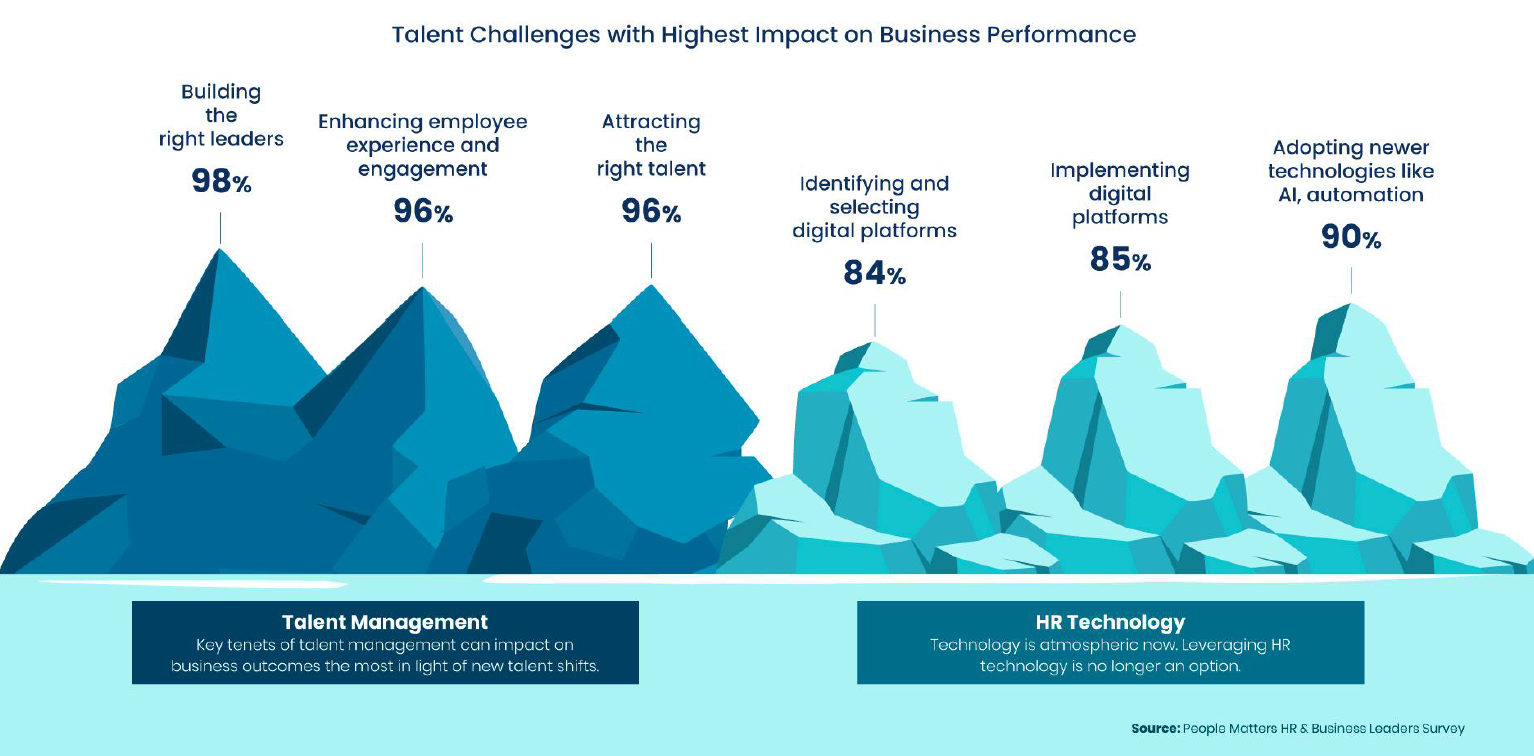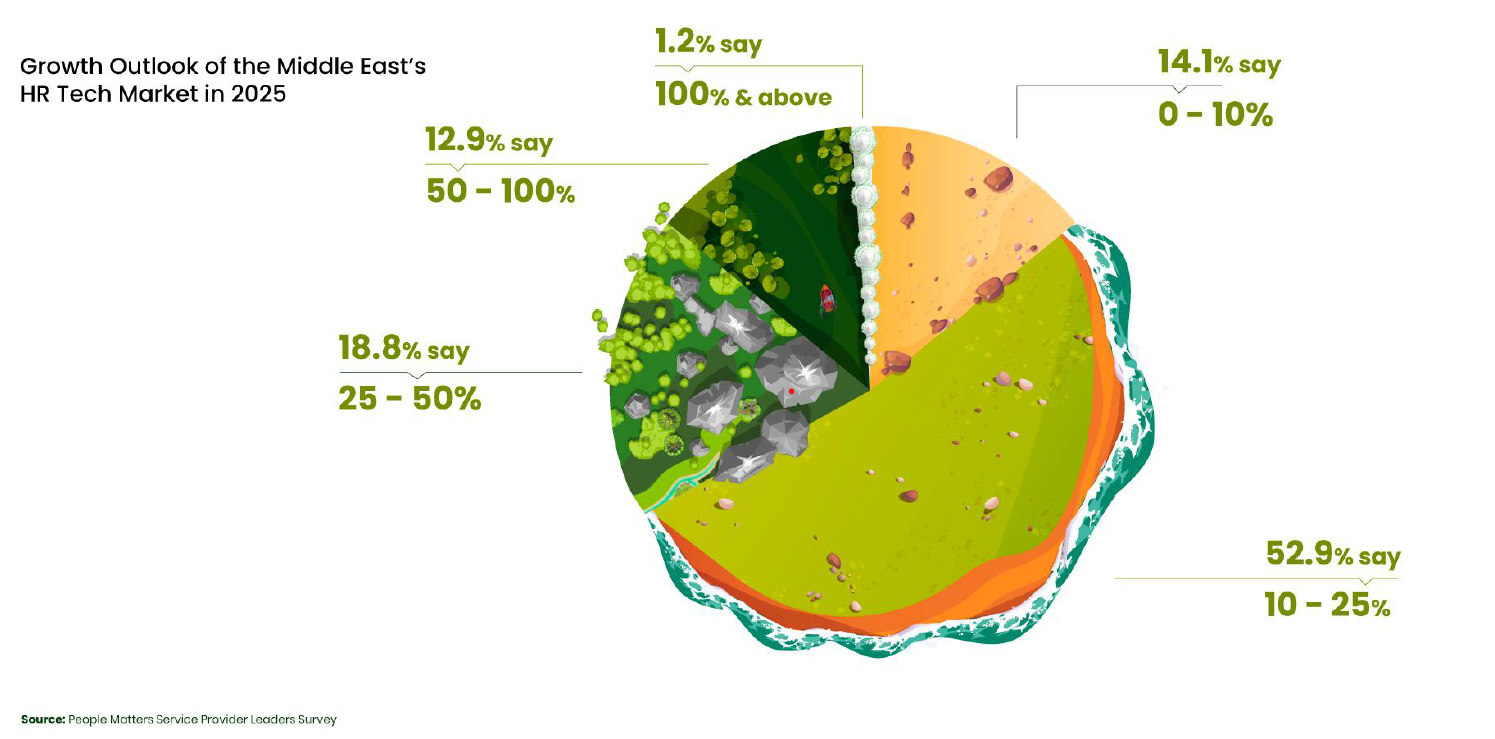HR’s Transformative Role in the Middle East: From Administrative Work to Strategic Powerhouse
To keep pace with the Middle East's evolution to new enter newer industries, HR must shed it's role and embrace its importance.




The Middle East stands at the crossroads of tradition and transformation — and nowhere is this more evident than in the realm of human resources. Long dependent on expatriate labour and hierarchical corporate structures, the region’s businesses are being forced to re-examine their talent strategies. A combination of economic diversification, ambitious national visions, and a rapidly changing workforce is exposing long-standing HR vulnerabilities. The companies that thrive by 2025 will be those that master the balancing act between local talent empowerment, digital transformation, and shifting employee expectations.
A Region in Transition
For decades, Middle Eastern economies — particularly the GCCs — have leaned heavily on foreign talent. Tech penetration has only recently begun to rise and a shift from the oil-based energy dependent business model has opened new opportunities for growth in the region. To support these transitions, governments across the region, from Saudi Arabia’s Vision 2030 to the UAE’s Emiratisation initiatives, are modernising the private sector, building a skilled workforce and addressing talent demand by helping national workforces gain access to employment opportunities.
Yet, the transition is far from seamless.
Skill mismatches remain a stubborn challenge. A 2023 World Economic Forum report estimated that over 60% of Middle Eastern employers struggled to find talent with the right digital and technical skills. This period of transition also highlights the need for better leaders
The People Matters SHRPA State of the HR Industry: Middle East Insight's report found that external disruptions today are impacting both the talent management and use of technologies to address key talent challenges.

A strategic need for HR in the Middle East is to move from beyond firefighting and invest in proactive, skills-based workforce planning.
Evolving Workforce Preferences
The pandemic was a turning point globally, and the Middle East is no exception. Workers — particularly younger ones — now look beyond traditional perks. They crave meaningful work, flexible arrangements, and opportunities for continuous development. Even in traditionally conservative industries like energy and finance, hybrid work models are gaining traction. A 2024 survey by Mercer found that 73% of Middle Eastern employees would consider leaving their current job for an employer with a better work-life balance and stronger commitment to mental health.
For HR and business leaders in the region, these are clear indicators to build a more robust on EX and. Rethinking engagement initiatives and ensuring employee-centric design to workplace policies, paired with right use of HR tech solutions like analytics and AI prove to be critical. Looking at other regions in APAC, the SHRPA study found that the challenge of enhancing EX was the highest across the Middle East, proving to be a challenge for 96% HR leaders in the region.
Taking the lead in crafting a robust, end-to-end EX strategy, streamlining workflows, creating a culture of care and emphasising well-being will soon become central to any HR strategy across the Middle East. With the workforce needs diversifying based on generations, those to stay ahead of the curve will gain strategic advantage over their competitors.
Technology: A Friend or Foe in 2025?
The rise of artificial intelligence and automation brings both promise and peril. Many Middle Eastern businesses lag behind Western counterparts in HR tech adoption. The reliance on manual processes — from recruitment to performance reviews — remains prevalent. Yet, the tide is turning. Forward-thinking companies are embracing AI-driven talent analytics, chatbots for employee services, and skills-based hiring platforms. This today reflects in the bullish sentiment among HR service and tech providers operating in the region. As part of the SHRPA report for ME, over 53% say the HR tech market will grow by over 10-25% in 2025. 
Further, the report highlights how innovations fuelling this growth in the HR tech market are in line with areas that will see highest HR investments. This alignment points towards a close allyship between HR and tech providers to tackle pressing talent challenges.
Yet the real challenge is not technology, but its selection and implementation. To fully harness the potential of technology, HR leaders must reposition themselves as strategic advisors — using data to drive workforce decisions and influence C-suite discussions. They need better ways to select and implement tech solutions: building their capabilities, focusing on key parameters, working closely with business, leading change management.
Only through a concerted effort — led by both HR leaders and tech partners — can businesses truly leverage the disruptive potential of new technologies like AI and predictive analytics.
The Path Forward
The Middle East’s HR landscape is evolving faster than many companies are prepared for. The question is not whether organisations will adapt, but how quickly. Businesses that cling to legacy practices — be it rigid hierarchies, administrative HR, or outdated workforce policies — risk being left behind.
In a region known for bold ambition, the companies that thrive by 2025 will be those that channel that same ambition into their people strategies. The future of HR in the Middle East is not merely about compliance or cost-cutting. It’s about building resilient, engaged, and skilled workforces that can power economies long after the oil wells run dry. For HR leaders, the time to act is now — or risk irrelevance in a talent market that will wait for no one.
To gain a better understanding of the gaps, and the imperatives for HR leaders across the Middle East, download our executive insights report here.

Dhruv Mukerjee
Dhruv Mukerjee writes about people, work, and technology at People Matters. You can get in touch with him at dhruv.mukerjee@gopeoplematters.com.




